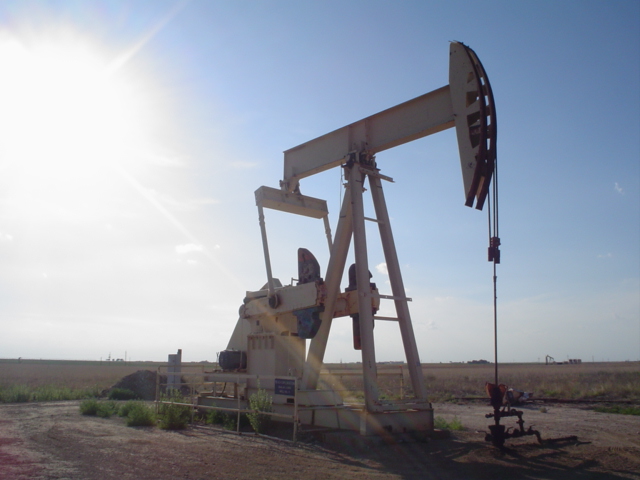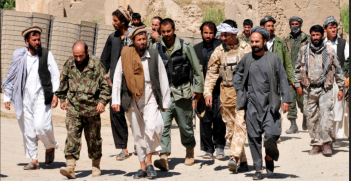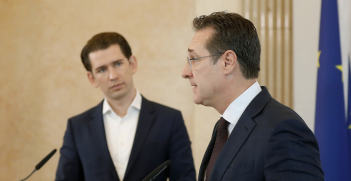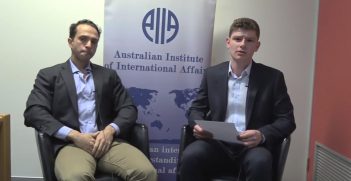Energising Emerging Economies

As a major oil exporter and positive influence on stabilising global energy markets, Saudi Arabia’s role in the G20 is a benevolent one – especially in assisting developing economies, writes Dr Abdulaziz Sager.
The Kingdom of Saudi Arabia attaches great importance to the G20. As the largest representation of the global economy involving developed and emerging economies, the G20 has been designated as the platform to discuss issues that reflect the changes in the balance of world economic power. It must therefore meet the expectations before it.
A Leading Role
As a member of the G20, the Kingdom sees itself as contributing to stability by promoting strong and balanced growth, whilst keeping in view the interests of all countries, both developed and developing.
To deal with the consequences of the global financial crisis and promote global economic growth, a number of actions have been taken domestically at both the fiscal and monetary policy levels – including initiating one of the largest stimulus programs in 2008 to increase the capital of specialised financial institutions so that additionalfunding becomes available to the private sector. These measures helped boost the Saudi economy. A report of the International Monetary Fund identified the Kingdom as one of the “best performing economies of the G20 since 2008”. Here, the G20 Accountability Report noted that “the Kingdom has achieved significant progress with regard to all its commitments on structural reforms, especially labor market reforms and the extension of credit attribution to Small and Medium Enterprises.”
It’s also worth highlighting Saudi Arabia’s positive influence on stability in the global energy markets. Being the only member of the Organisation of the Petroleum Exporting Countries in the G20 affords it an important role. Saudi Arabia has been investing heavily to maintain additional production capacity to ensure stability of the global economy and meet increased demand. It also continues to play a balancing role to ensure a fair and reasonable price for oil that will enable both security of supply and demand, as well as facilitate the access of poorer countries to affordable, reliable sources of energy – an essential factor to reduce poverty and allow sustainable development.
Unfinished Business
Outside of the direct measures undertaken by the Kingdom, there is an awareness that more needs to be done. One area that demands attention is the reform of international financial institutions as a means to prevent a repeat of a financial calamity like the one that occurred in 2008. Whilethe G20 initially developed an action plan to enhance worldwide prosperity, further steps are required. Most importantly, the IMF’s resources and those of other multilateral development banks, including the World Bank group, must be ensured.
Additional attention is also needed to support poorer countries to cope with the effects of global financial volatilities. Developmental and humanitarian aid initiatives, one of the cornerstones of Saudi Arabia’s commitments, continue to be increased. Already, as an initiative of the Custodian of the Two Holy Mosques, Saudi Arabia plans to increase the capital of the joint Arab financial institutions and fundsby no less than 50 per cent as a practical instrument to activate Arab cooperation and economic integration mechanisms. Further action is also needed on critical issues, such as food security and infrastructure in developing countries.
It is hoped that the Brisbane summit in 2014 will tackle all these urgent issues and thus pave the way for a brighter future.
Dr Abdulaziz Sager is the chairman of the Gulf Research Center.
This is an extract from G20: Words into Action Brisbane 2014, to be published by Faircount Media in association with the Australian Institute of International Affairs in October 2014.





